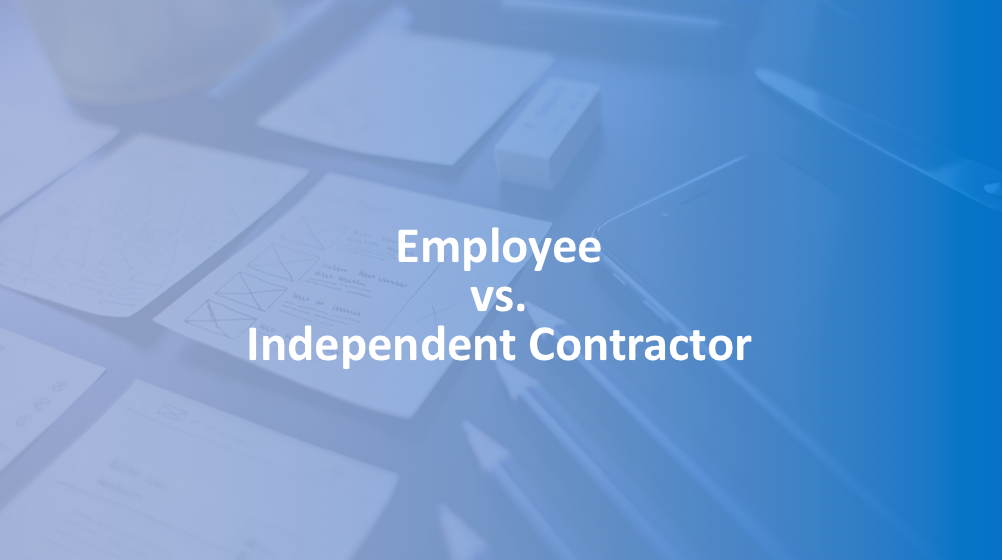The new economy has ushered in a variety of opportunities for talented freelancers who know how to market their skills to businesses. It’s not a hard sell for many either as companies strive to remain competitive by cutting costs while still delivering on quality.

Having the flexibility to bring on additional workers only during surge production periods helps companies save money and stay responsive to an ever-changing market. While the benefits of outsourcing are abundant, many businesses will always prefer to hire conventional employees for certain positions. Here is a brief synopsis of the benefits and disadvantages of both conventional employment and freelance work as they relate to employment law.
Standard Employees
Advantages
The availability of corporate benefits is a key reason why you may choose conventional employment over freelancing. You can expect companies to pay for all or part of your healthcare, workers’ compensation, social security and unemployment insurance. Laws regulating these benefits offer some flexibility to small businesses that have less than 50 employees.
As an employee, you also have full rights under federal labor laws. While companies can and do fire employees, they cannot legally terminate employment for a reason that is protected under the nation’s labor laws. If you believe that you’re facing a wrongful termination situation, give us a call, and we will review your case. As a reminder, you cannot legally be fired for the following:
- Race
- Color
- Age
- National origin
- Religion
- Gender
- Physical or mental disability
- Veteran status
- Citizenship
- Genetic information
Disadvantages
Some disadvantages of being an employee rather than an independent contractor relate to company culture and management styles. Employees are expected to be contributing members of teams that build brands through the development of distinct corporate cultures. Depending on your manager’s leadership style, this often means following strict directions for how and where your work is accomplished.
Independent Contractors
Advantages
As a freelancer, you are almost expected to charge higher hourly rates than the ones that are used to calculate the salaries of conventional employees. The extra money is to compensate you for using your own desk space, supplies and equipment to accomplish work. You will also experience more autonomy when it comes to performing project tasks. Working from satellite offices and other remote locations is common.
Disadvantages
Besides receiving no employment benefits, freelancers are not covered under labor laws. You won’t receive an employee handbook, but you’ll perform work according to an employment contract. As an independent contractor, you’re usually accountable to clients for what you deliver per the contract and not necessarily how your work is accomplished. This can be a source of contention for some company managers who want to direct your work or get you to do tasks that are not in your contract. If you are accused of violating the terms of a freelance employment contract, contact us. We can review your contract and advise you about the steps that you need to take to resolve the issue.
Final Thoughts
Choosing to work as an employee or a freelancer is a personal decision that takes into consideration your unique professional aspirations and work style. Let us be your go-to resource for employment law questions about conventional employment and independent contracting gigs. Contact Chamberlin Law Firm today.
Posted on: 19 Mar, 2018



